December 7, 2016
Are these the best places to work in 2017? 0
 Recruitment site Glassdoor has announced the winners of its ninth annual Employees’ Choice Awards to find the best places to work in North America and parts of Europe. The Awards are based on the input of employees who voluntarily provide anonymous feedback, by completing a company review, about their job, work environment and employer over the past year. This year, the Glassdoor Employees’ Choice Awards feature six categories, honouring the Best Places to Work across the UK, US (both large and small companies), Canada, France and Germany. There is one category in the UK: 50 Best Places to Work (honouring employers with 1,000 or more employees). Winners are ranked based on their overall rating achieved during the past year. The top five UK Best Places to Work in 2017 are Expedia, ARM, HomeServeUK, Mott MacDonald and Hays plc
Recruitment site Glassdoor has announced the winners of its ninth annual Employees’ Choice Awards to find the best places to work in North America and parts of Europe. The Awards are based on the input of employees who voluntarily provide anonymous feedback, by completing a company review, about their job, work environment and employer over the past year. This year, the Glassdoor Employees’ Choice Awards feature six categories, honouring the Best Places to Work across the UK, US (both large and small companies), Canada, France and Germany. There is one category in the UK: 50 Best Places to Work (honouring employers with 1,000 or more employees). Winners are ranked based on their overall rating achieved during the past year. The top five UK Best Places to Work in 2017 are Expedia, ARM, HomeServeUK, Mott MacDonald and Hays plc







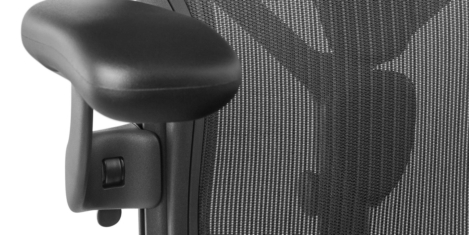
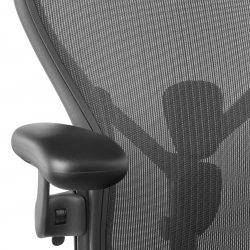


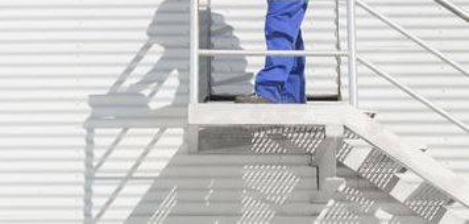
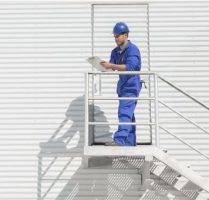
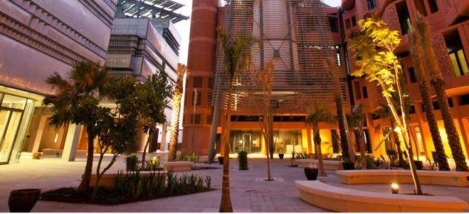
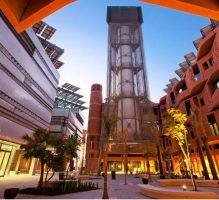





 As regular readers are no doubt aware, normally we don’t comment on the reports and surveys we publish, instead leaving people to form their own opinions. However,
As regular readers are no doubt aware, normally we don’t comment on the reports and surveys we publish, instead leaving people to form their own opinions. However, 


 In a new report
In a new report 









November 28, 2016
Britain is missing a trick by not getting workplace training right 0
by Steve Hill • Comment, Workplace
More →